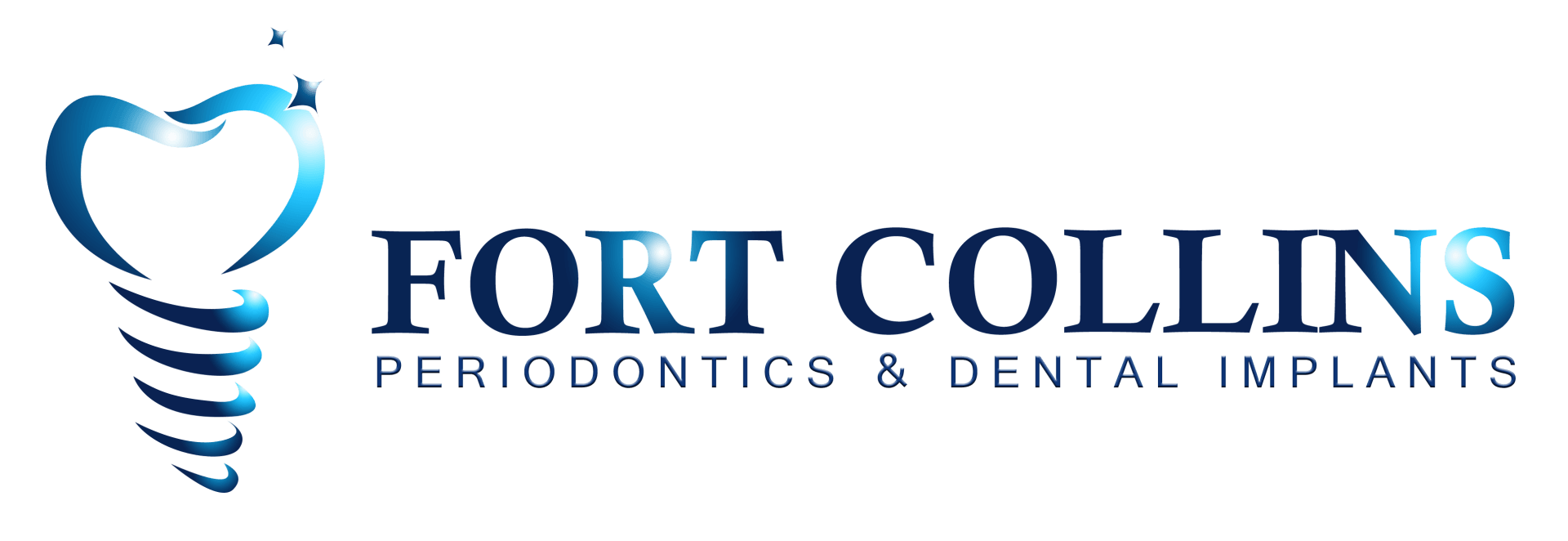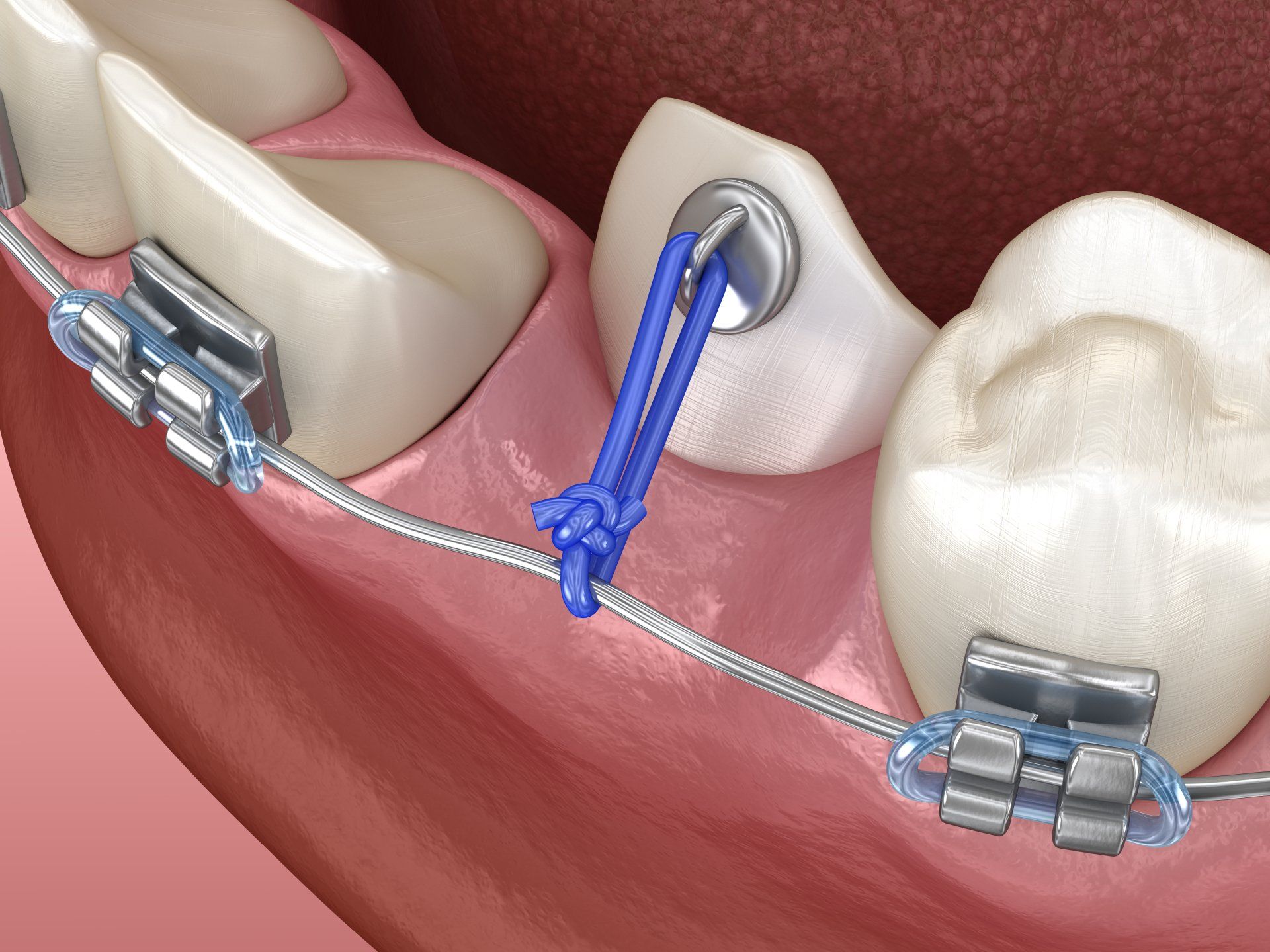Impacted Canine Exposure Services in Fort Collins, CO
Impacted Canine Exposure services are one such service that should be noticed when it comes to keeping your family's teeth and gums healthy. One of the best ways is to have canine exposure services at Front Collins Perio located at Stuart Professional Park, Fort Collins, CO 80525, United States. Let's take a closer look at why impacted canine exposure services are so important.
What is impacted canine exposure?
Impacted canine exposure (ICE) is a practical, non-surgical method of exposing impacted or concealed teeth so a dentist can observe them. An impactor device makes a small opening in the gum tissue near the affected tooth, allowing the dentist to access the tooth for examination and treatment. This allows for early detection of any potential issues before they become more serious problems down the line.
Identifying Impacted Canine Exposure
Impacted canine exposure can be challenging to detect without the help of a trained dental professional. Some signs that you may have impacted canine exposure include facial asymmetry, unexpected pain or discomfort when biting down, and difficulty opening your mouth wide. If you notice any of these symptoms, it's essential to schedule an appointment with your dentist as soon as possible for an accurate diagnosis and treatment plan.
Treating Impacted Canine Exposure
The treatment for impacted canine exposure will depend on the severity of the case. For milder cases, orthodontic treatment such as braces may be recommended. For more severe cases, surgery may be required to remove any obstructions blocking the affected tooth from erupting properly. In some cases, bone or tissue grafting may also be necessary for the tooth to emerge properly from its socket.
Protecting Yourself from Oral Disease
One of the best ways to protect yourself from oral disease caused by canine exposure is through preventative care and regular dental visits. At Front Collins Perio, we recommend brushing twice a day for two minutes using fluoride toothpaste, flossing at least once per day, and ensuring that every member of your family has regular dental checkups every six months. Eat healthy snacks between meals, limit sugary drinks such as soda or juice boxes and reduce snacking on sweet treats like candy or cookies.
Additionally, try not to let your pet lick you directly on the face or mouth - if possible - and regularly bathe them so they don't transfer harmful bacteria onto other surfaces in your home. Lastly, ensure that everyone in your family knows the importance of good oral hygiene habits.
How is impacted canine exposure performed?
The procedure is typically performed in two stages—a surgical and a dental stage. First, the doctor will perform surgery to expose the affected area and then place sutures to allow for proper healing.
During this second stage, braces will be placed on your teeth to hold them in place while they heal and align correctly. Once the sutures have been removed and all healing has taken place, you can return home with a newly straightened smile.
Why is it important to have impacted canine exposure services?
Having impacted canine exposure services performed ensures that your teeth remain healthy and properly aligned for years to come. By exposing them, you can avoid potential dental problems caused by overcrowding or misalignment of the teeth, such as TMJ or periodontal disease.
Exposing them will improve your smile's overall appearance by giving you straighter teeth that are easier to clean and maintain.
How to protect your family from oral disease?
The best way to protect your family from oral disease is by practicing good oral hygiene habits at home. This includes brushing twice a day with fluoride toothpaste; flossing regularly; using mouthwash; avoiding sugary foods; scheduling regular checkups with your dentist; and getting professional treatment for any impacted canines as soon as possible.
By following these simple steps, you can ensure that your family's teeth remain healthy for years.
What can I eat after canine exposure?
Canine exposure can be very painful, and it is essential to take care of yourself. After canine exposure, it is important to eat soft foods and liquids. This will help to prevent further damage to the area. Eating soft foods and drinking liquids will help you stay hydrated and will also help to flush out the bacteria that may be present in your system. It is also essential to avoid smoking and alcohol consumption as these can irritate the area and cause further pain.
How much does it cost to expose impacted canines?
Impacted canine teeth are relatively common and can often be treated surgically. The procedure, known as canine exposure, involves exposing the impacted tooth and attaching a bracket or other device. This allows the tooth to be moved into its proper position over time.
An oral surgeon typically performs canine exposure surgery, and the cost of the procedure will vary depending on the surgeon and the difficulty of the tooth. However, the average cost of canine exposure surgery is between $500 and $1500. For complex cases, the price may be higher. Ultimately, the best way to determine the cost of canine exposure surgery is to consult a qualified oral surgeon.
Fort Collins Perio is located at Stuart Professional Park in Fort Collins, Colorado. They offer canine exposure services to help prevent the spread of periodontal disease. If you are looking for a trusted local business to help keep your teeth healthy,
Book your
appointment today.
Contact Us
We will get back to you as soon as possible
Please try again later
Schedule A Consultation Here
Working Hours
Tue - Thu: 8:00 am - 5:00 pm
Friday: 8:00 am - 2:00 pm
Sat - Sun: Closed
Monday: Closed


